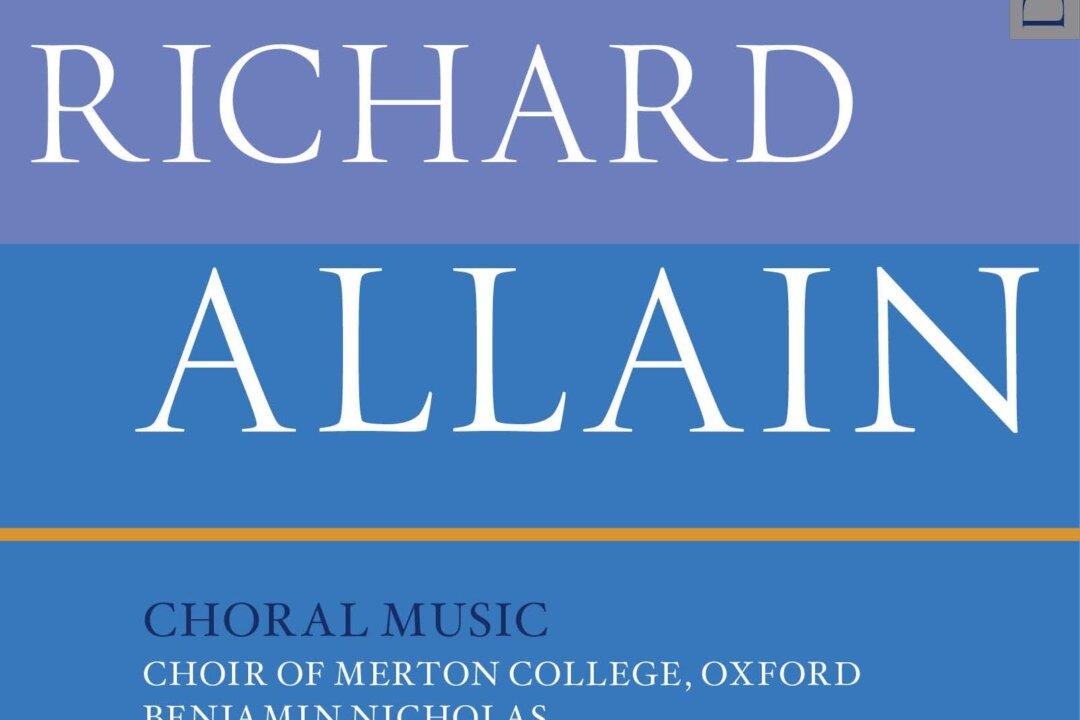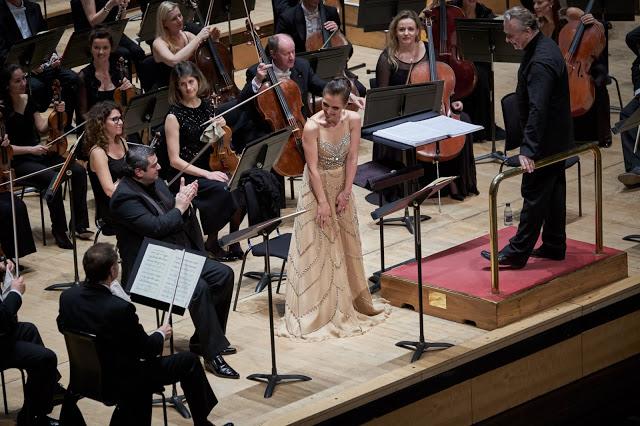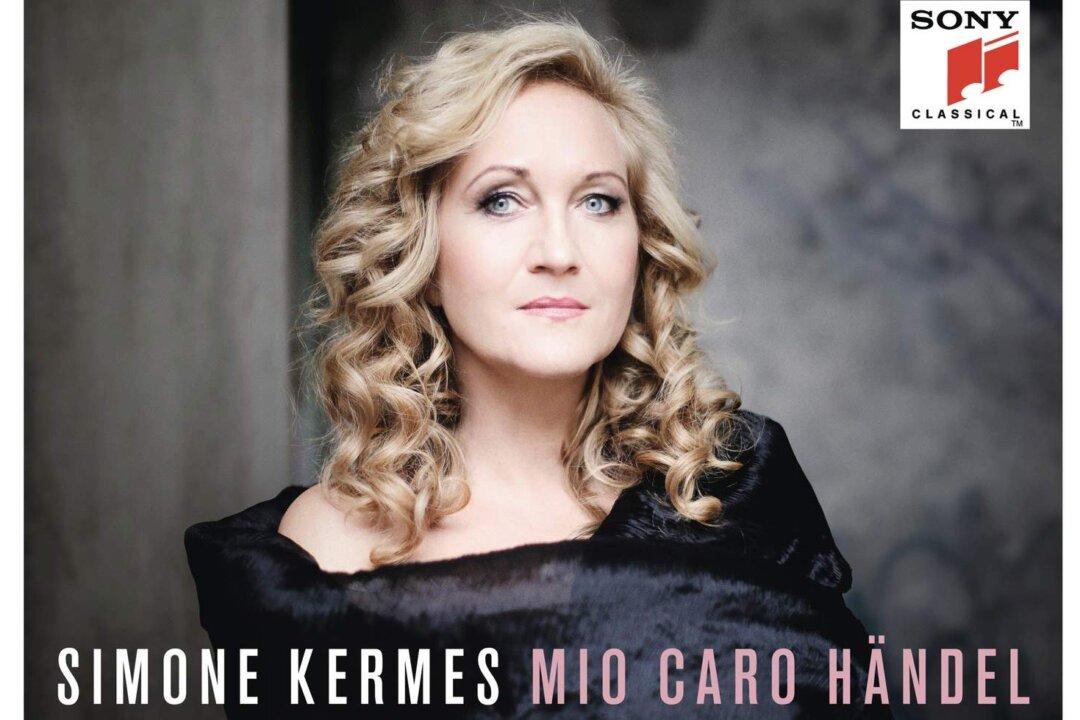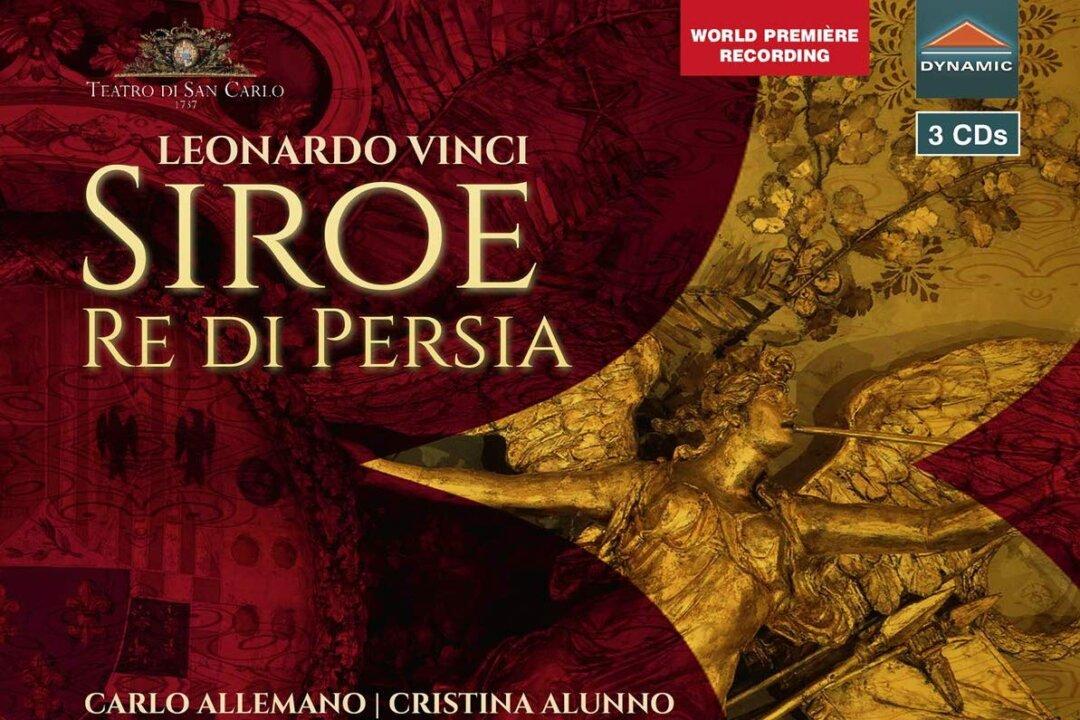I first came across Richard Allain’s music at one of Alistair Dixon’s “New Lamps for Old” concerts with his ensemble Chapelle du Roi. For these, contemporary composers were paired with a pre-existing Renaissance or Tudor polyphonic piece and asked to write a setting of the same text. Richard and I were on the same program, along with a variety of other composers.
A disc on the Delphian label, released in September 2018, “Choral Music” is devoted to Richard Allain’s elegant and well-made contemporary choral music performed by the choir of Merton College, Oxford, and conducted by Benjamin Nicholas.





